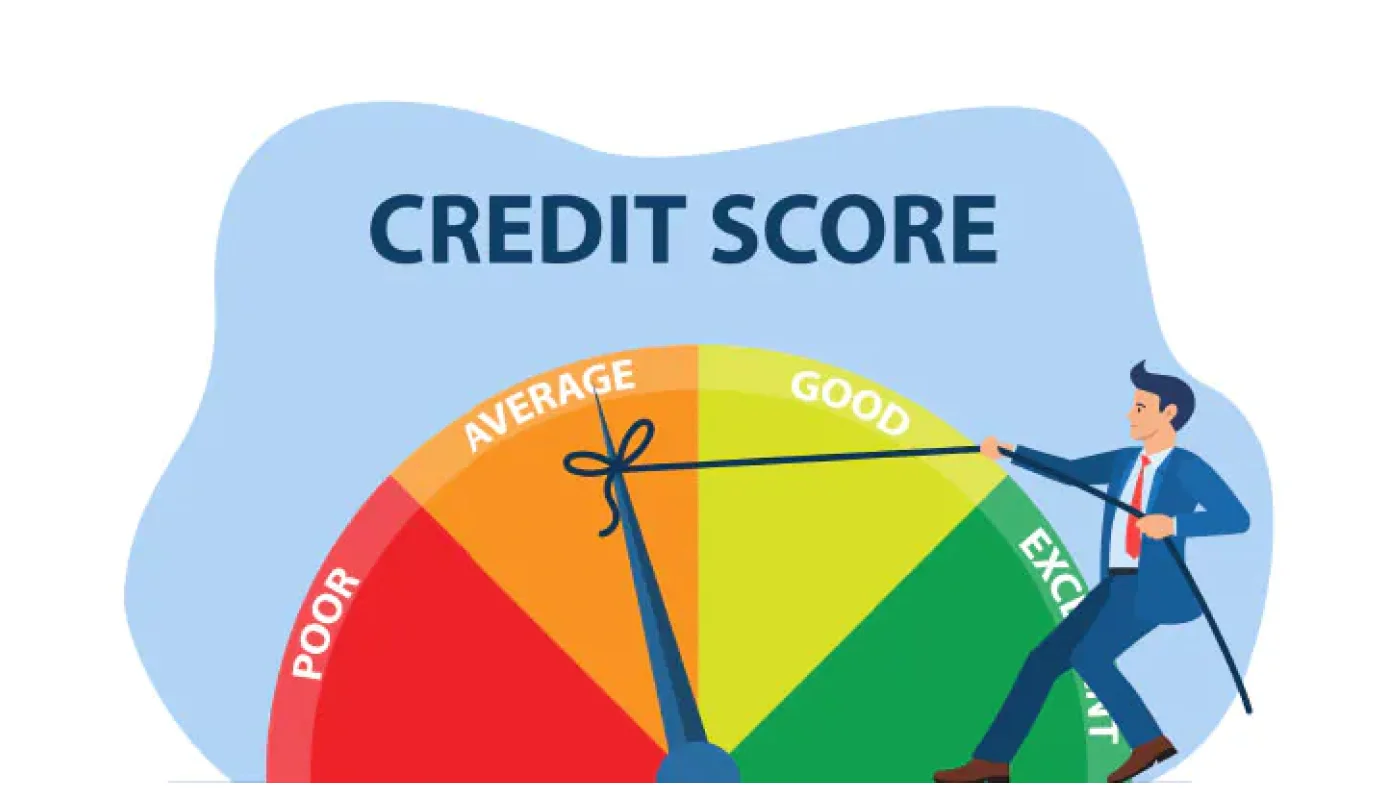A Credit Score is a numerical representation of an individual’s creditworthiness, indicating how likely they are to repay borrowed money. It is based on a person’s credit history, including their borrowing, repayment behaviour, outstanding debts, and other financial activities. Lenders, such as banks and credit card companies, use credit scores to evaluate the risk of lending money to an individual.
In India, credit scores typically range from 300 to 900, with a higher score indicating better creditworthiness. A score above 750 is generally considered excellent and can help in getting loans approved easily at lower interest rates. The most common credit score providers in India are CIBIL (Credit Information Bureau India Limited), Equifax, Experian, and CRIF High Mark.
Factors Influencing Credit Score:
- Payment History (35%): Timely repayment of credit card bills and loans.
- Credit Utilization Ratio (30%): The proportion of credit used compared to the credit limit.
- Length of Credit History (15%): The age of your oldest credit account and average age of all accounts.
- Credit Mix (10%): A balance of secured (like home loans) and unsecured loans (like credit cards).
- New Credit Inquiries (10%): Multiple loan inquiries in a short time can lower your score.
How important is a good credit score for my financial health?
A good credit score is crucial for your financial health as it directly impacts your ability to borrow money, the interest rates you’ll be offered, and even your financial reputation. Here are some key reasons why a good credit score is important:
- Easier Loan Approvals
Lenders see a high credit score as a sign that you’re a reliable borrower. This increases your chances of getting approved for loans, whether it’s for a home, car, or business.
- Lower Interest Rates
A higher credit score can help you secure loans at lower interest rates, reducing the total cost of borrowing. Even a small difference in interest rates can save you a lot of money in the long run.
- Better Credit Card Offers
With a good score, you can access credit cards with higher limits, better rewards, and lower interest rates. Some premium cards are only available to those with excellent credit.
- Negotiating Power
A solid credit score gives you leverage to negotiate better terms on loans and credit cards, such as waiving fees or getting higher credit limits.
- Impact on Employment and Rentals
In some cases, employers and landlords check credit scores to assess your reliability. A high score can improve your chances of securing a job or renting a home.
- Lower Insurance Premiums
In India, some insurers consider your credit score when determining premiums for health, auto, or home insurance policies.
- Emergency Financial Access
A good score ensures that you can access emergency credit quickly and at reasonable rates when unexpected expenses arise.


